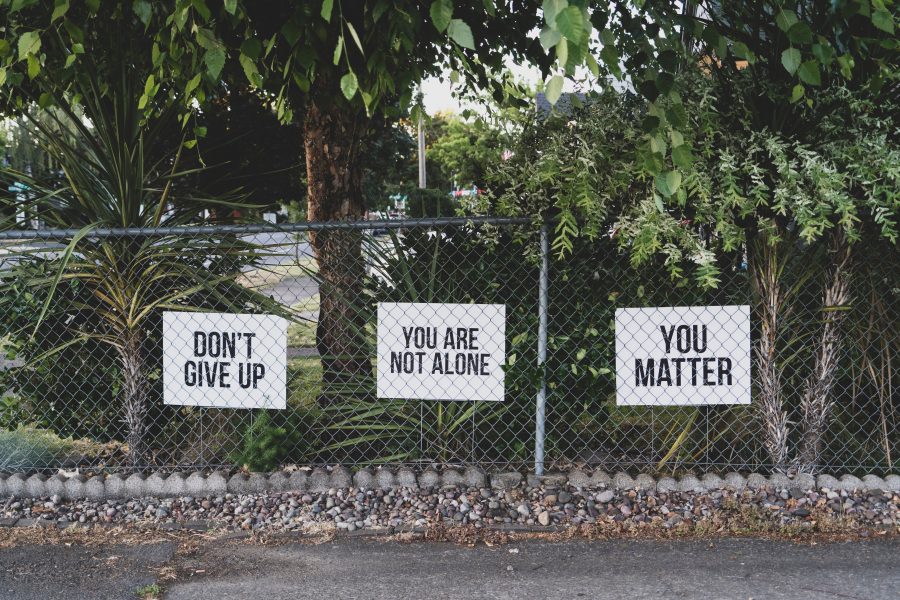Even though mental health and mental illness is a progressively common topic of conversation, in the case of a loved one or a friend who is suspected to have a mental illness or has a new diagnosis, it may be hard to know where to start. We know how hard it is to open up and admit that there is something wrong, it can be even harder to do this when you are close to the person who needs some help and guidance. The small things can help your loved one or friend who is struggling in ways that you can’t imagine. Below are some ways to help and guide whatever it is that they may be finding difficult.
Friends
Your friend possibly will come to you in a time of need, when this happens the best thing that you can do is listen and as soon as they are finished talking, try to be supporting and tell them it’s okay and that you are there for them. When someone is in mental distress that one friend could be the reason that they keep going just the same as if it was a loved one. Just because someone may have a mental health condition it does not mean that they can’t laugh, in the same way, if a friend starts to withdraw from you, try not to feel offended, and instead try to understand what they are going through.
Don’t promise things that you may not be able to do, ask those questions if they are comfortable with it and if not change the subject!
Loved ones
This can be harder to understand just by the fact that you are even closer to someone than you would be with a friendship. Try to separate the person from the illness; if someone breaks their leg that does not affect who they are as a person, it can be hard to do this as their illness is not always physical. Try to educate yourself about their condition as much as you can, you need to understand what they are dealing with first and acquire a better perspective.
Support them to get help
You cannot force anyone if they do not want it, but reassure them that it is okay to ask for help and that they will not be judged. Maybe offer to go with them if you think that will be good reassurance, it does not have to just be about getting tablets, there are other services where you can talk to a therapist or have CBT to help with having positive thoughts instead of negative ones.
Be open
By being open, the person involved may be open back, talking about emotions are hard, sympathise with how they are feeling and tell them how much you care about them and want to hear what they have to say.
Keep in touch
Send them a text whenever you can to let them know that you are thinking of them, this can make a big difference for them as they will begin to realise that someone does care. This is even more important when someone has become withdrawn and doesn’t want to see anyone, a little text or call can go a long way.
Don’t judge
If you haven’t experienced a mental health condition such as depression or anxiety, it can be hard to wrap your head around and you may be thinking why they can’t just snap out of it. Instead, research online instead of jumping to conclusions and try not to place blame or pressure onto them, it is an ongoing battle that cannot be fixed overnight; you are going to need patience in order to help them. Support them in their road to recovery and take an interest in their treatment plan, whilst encouraging them to keep on course with their treatment. Most importantly, always tell them how proud you are of them for seeking help.
Take care of yourself
While their mental health is important, so is yours! Trying to look after someone will place strain and stress onto you, you are not a mental health professional and there is a limit to which you will reach. Exercise is always a great way to reflect and take a step back, but also talking with family can help you obtain another perspective.
By Abi Trunk
Feature image courtesy of Unsplash

